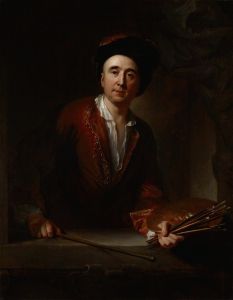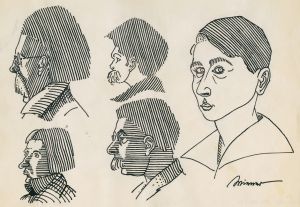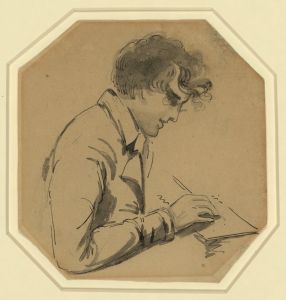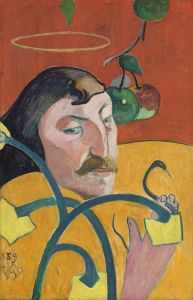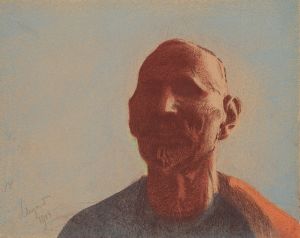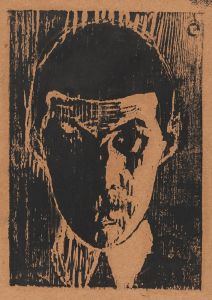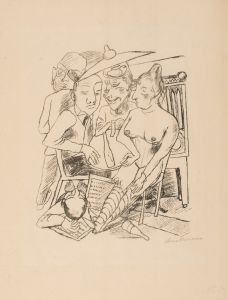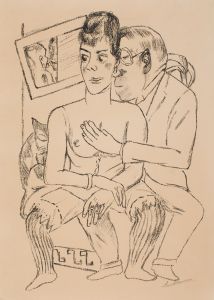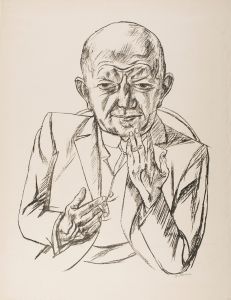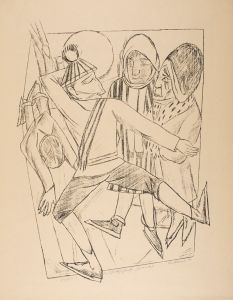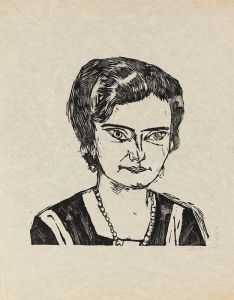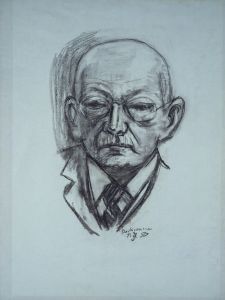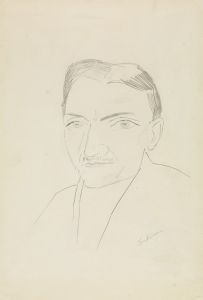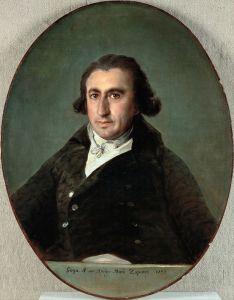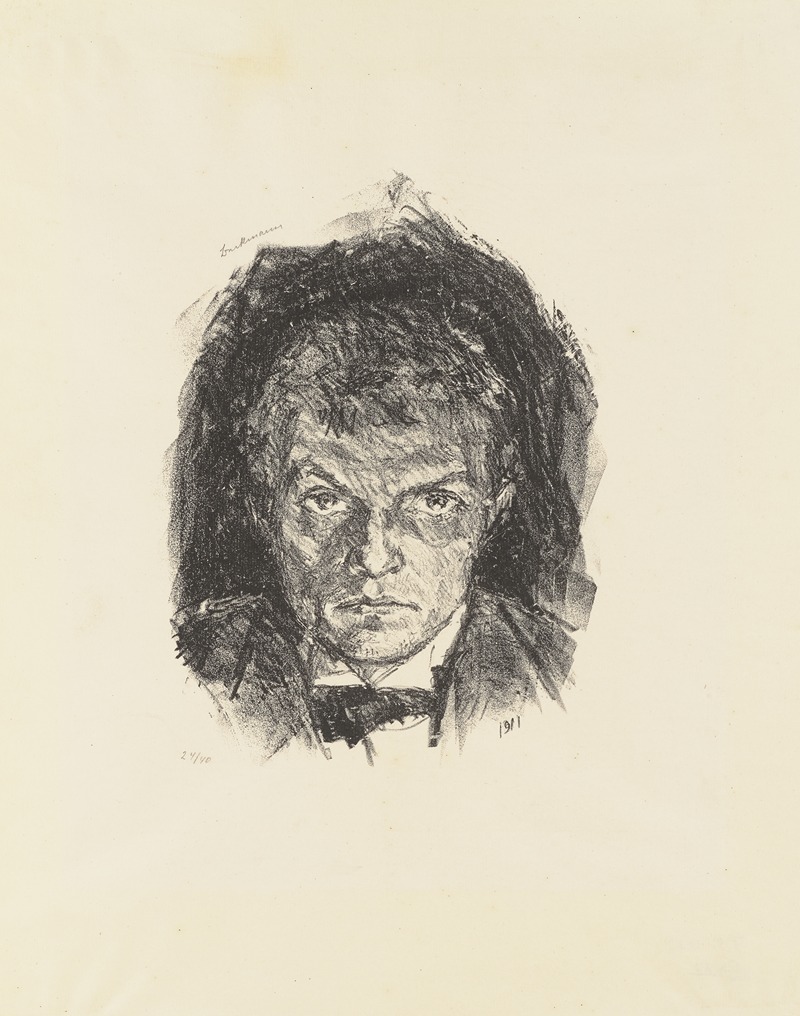
Self-Portrait
A hand-painted replica of Max Beckmann’s masterpiece Self-Portrait, meticulously crafted by professional artists to capture the true essence of the original. Each piece is created with museum-quality canvas and rare mineral pigments, carefully painted by experienced artists with delicate brushstrokes and rich, layered colors to perfectly recreate the texture of the original artwork. Unlike machine-printed reproductions, this hand-painted version brings the painting to life, infused with the artist’s emotions and skill in every stroke. Whether for personal collection or home decoration, it instantly elevates the artistic atmosphere of any space.
Max Beckmann's "Self-Portrait" is a significant work by the German painter, known for his contributions to the Expressionist movement and his distinctive style that evolved throughout his career. Beckmann, born in 1884 in Leipzig, Germany, was a prominent figure in the art world during the early to mid-20th century. His self-portraits are particularly notable for their introspective nature and the way they reflect the tumultuous times in which he lived.
Beckmann created numerous self-portraits throughout his career, each offering insight into his personal and artistic development. His self-portraits are characterized by their bold use of color, strong lines, and often somber or contemplative expressions. These works not only depict his physical appearance but also convey his psychological state and the broader socio-political context of the era.
One of Beckmann's most famous self-portraits is the "Self-Portrait in Tuxedo," painted in 1927. This work exemplifies his mature style, marked by a confident and assertive pose, a direct gaze, and a sophisticated use of color and form. The painting reflects Beckmann's self-assuredness as an artist during the Weimar Republic, a period of relative stability and cultural flourishing in Germany.
Beckmann's self-portraits often serve as a visual diary, documenting his responses to the changing world around him. His work was deeply affected by the events of World War I, during which he served as a medical orderly. The trauma of the war had a profound impact on his art, leading to a darker and more introspective approach. This shift is evident in his self-portraits, which became more intense and emotionally charged.
During the rise of the Nazi regime, Beckmann's art was labeled "degenerate," and he was dismissed from his teaching position at the Städel School in Frankfurt. In response, he moved to Amsterdam and later to the United States, where he continued to paint until his death in 1950. His self-portraits from this period reflect his sense of displacement and the challenges of living in exile.
Beckmann's self-portraits are not only personal reflections but also commentaries on the broader human condition. They explore themes of identity, alienation, and resilience, making them timeless works that continue to resonate with audiences today. His ability to capture the complexity of human emotions and the intricacies of his own psyche has cemented his place as one of the most important artists of the 20th century.
Overall, Max Beckmann's self-portraits are a testament to his skill as an artist and his ability to convey profound truths through his work. They offer a window into his life and times, providing valuable insights into the historical and cultural context in which he lived and worked.





